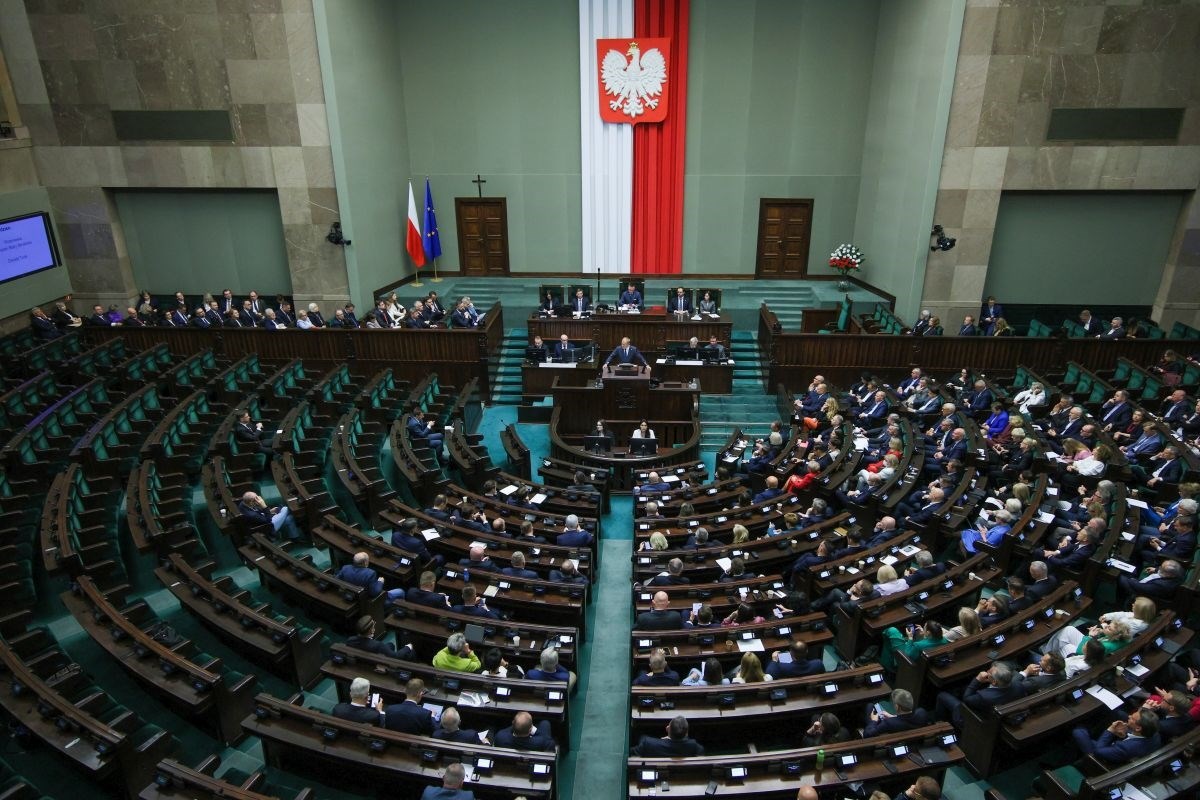The Polish parliament has voted confidence in the pro-European coalition government led by Prime Minister Donald Tusk after the candidate from his coalition lost the presidential elections. The government secured majority support in the lower house of parliament, which was a formality given the coalition’s majority. Prime Minister Tusk expressed hope that the government would gain new momentum despite the candidate’s defeat. Nationalist Karol Nawrocki, who won the second round of the presidential elections, is supported by President Andrzej Duda and the Law and Justice party (PiS), and has announced a policy differing from the pro-European agenda of Tusk’s supporters. Criticism of the government centers on insufficient implementation of reforms and promises, while Tusk highlights successes in defense and European relations. Analysts believe that some voters are disappointed and that the government may not last until the end of its term.
Political Perspectives:
Left: Left-leaning outlets emphasize the pro-European stance of Tusk’s government and criticize the nationalist opposition for their conservative and anti-EU policies. They highlight the disappointment among voters due to the government’s slow progress on liberal reforms such as abortion rights and judicial reform. The left stresses the importance of maintaining Poland’s position in the EU and warns against the nationalist agenda that threatens democratic institutions.
Center: Centrist sources report the confidence vote as a political formality given the parliamentary majority of Tusk’s coalition. They provide balanced coverage of the election results, noting the nationalist candidate’s victory and the challenges facing the government. The centrists focus on the political dynamics between the president and the government, the veto powers, and the implications for Poland’s EU relations. They also mention the public’s mixed feelings about the government’s performance.
Right: Right-leaning media focus on the nationalist victory and the support from President Duda and the Law and Justice party. They criticize Tusk’s government for inefficiency and failure to deliver on promises, portraying the nationalist opposition as a necessary corrective to the previous administration. The right emphasizes sovereignty, stricter immigration policies, and skepticism towards EU federalism. They frame the confidence vote as a survival tactic for a weakened government.































